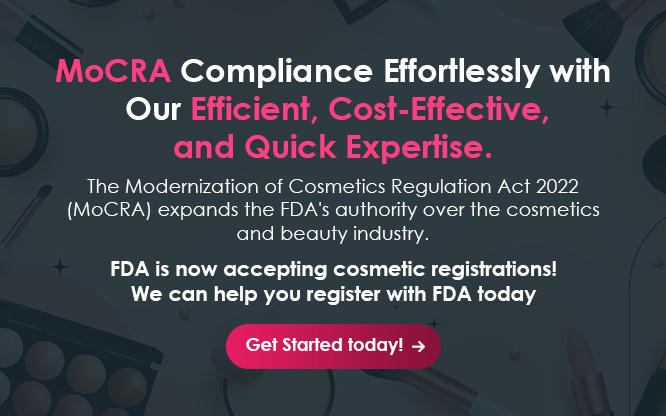
Introduction
Traditional Chinese Medicine (TCM) has been a key part of China’s healthcare system for over 3,000 years. With growing global interest, China has developed regulations to ensure that TCM products— Derived from plants, animals and minerals are safe, effective, and high quality. The National Medical Products Administration (NMPA) is responsible for overseeing these products and making sure they meet modern pharmaceutical standards.
Key Regulatory Challenges for TCM in China
1. Standardization and Quality Control
Since TCM treatments often use a mix of different herbs, ensuring consistency and quality can be tricky. Differences in raw materials, growing conditions, and processing methods can affect how well a product works.
How China Regulates It:
- The NMPA enforces Good Manufacturing Practices (GMP) to maintain high-quality production.
- Comply with GAP (Good Agricultural Practice for Chinese Crude Drugs) to ensure the quality of Chinese Crude Drugs
- The China Pharmacopeia sets standards for herbal ingredients to ensure consistency.
2. Safety and Toxicology Assessments
Some TCM herbs have powerful active compounds that could be harmful if not used properly. Contaminants like heavy metals, pesticides, and bacteria also need strict monitoring.
How China Regulates It:
- New TCM drugs go through preclinical and clinical safety tests before approval.
- Herbal products must pass mandatory tests for pesticide residues and heavy metals.
3. Clinical Trials and Market Approval
For new TCM formulations, randomized controlled trials (RCTs)—the gold standard in Western medicine—are required. However, China also considers historical use when approving traditional formulas.
How China Regulates It:
- The NMPA’s New Drug Approval Process applies to innovative TCM products.
- Classical Formula TCM (products used for over 30 years) follow a simplified registration pathway.
4. Post-Market Surveillance and Pharmacovigilance
Even after TCM products are on the market, China has systems in place to monitor their safety and effectiveness.
How China Regulates It:
- Companies must submit Periodic Safety Update Reports (PSURs).
- Consumers and healthcare providers can report adverse reactions through the NMPA’s monitoring system.
As TCM regulations evolve, ensuring compliance is crucial. High-quality production, rigorous safety assessments, and post-market monitoring are key to long-term success.
Our experts simplify regulatory complexities, guiding you through approvals, certification, and compliance strategies for seamless market entry. Contact us today to learn more!

